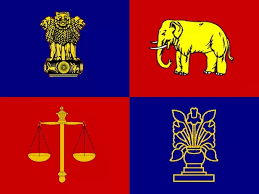The issue of environmental protection has brought the consumers, the industry, and the government to a common platform where each has to play its own role. The government and legislatures are using their influence to reduce environmental and health hazards due to industrialization and to stimulate the development of cleaner technologies. However, the environment is […]
Ecomark or Eco-labelling



